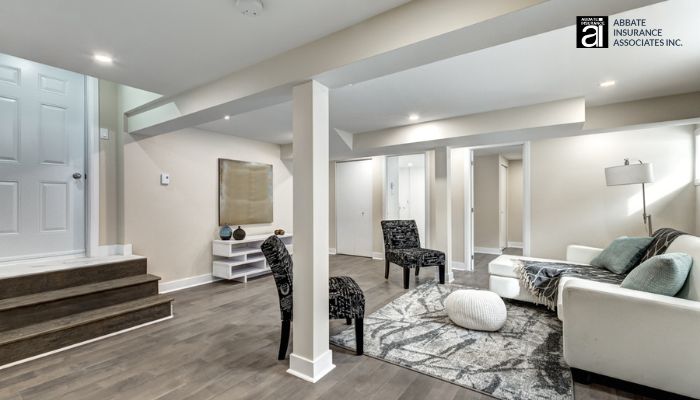Are Basements Covered with Flood Insurance?

Floods are among the most devastating natural disasters, capable of causing extensive damage to homes and properties. While flood insurance is designed to provide financial protection against such events, many homeowners still need to decide whether their basements are covered under these policies. Basements are one of the most vulnerable areas in a home during flooding, raising an important question: Does flood insurance cover basements? Let’s delve into this topic and learn the key points.
Scope of Coverage
Flood insurance is primarily designed to cover damage to the structure and contents of a home caused by flooding. However, the coverage for basements can vary depending on the policy type and the flooding event’s specific circumstances.
Standard Flood Insurance Policy (SFIP)
Under the National Flood Insurance Program (NFIP), which is administered by the Federal Emergency Management Agency (FEMA), a Standard Flood Insurance Policy (SFIP) provides limited coverage for basements. Structural elements such as the foundation and essential equipment like the furnace and water heater are typically covered. However, finished basements, personal belongings, and non-essential items are usually excluded from coverage.
Coverage for Structural Elements
SFIP typically covers structural damage to the foundation, walls, staircases, and other essential basement elements. If these components are damaged due to flooding, the policy can provide financial assistance for repair or replacement.
Coverage Limitations for Finished Basements
One of the key considerations is whether the basement is finished or unfinished. Finished basements, including drywall, flooring, and other upgrades, might only receive part coverage under a standard policy. Homeowners should clarify with their insurance provider the extent of coverage for improvements to their basements.
Contents Coverage
Flood insurance can also cover the contents of a home, including items in the basement. However, the coverage for personal belongings in basements is often limited. Valuables, electronics, and other non-essential items might need to be fully covered. Reviewing the policy’s terms and conditions is crucial to understand the extent of coverage.
Elevation and Location Factors
Flood risk varies based on the property’s elevation and proximity to water bodies. Homes in high-risk flood zones might have different coverage options than those in moderate or low-risk zones. Additionally, homeowners who have taken proactive steps to elevate their homes might qualify for increased coverage.
Additional Coverage Options
For homeowners seeking more comprehensive coverage for their basements, options might be available beyond the standard NFIP policy. Private flood insurance providers might offer customizable policies that can cover finished basements and additional contents to a greater extent.
Importance of Clarification
Given the nuances surrounding basement coverage, homeowners are strongly advised to clarify the specifics of their flood insurance policies with their insurance agents or providers. It will ensure a clear understanding of what is covered and what is not, particularly concerning their basement areas.
Secure Your Homes with Flood Insurance from Abbate Insurance
Working closely with insurance experts who can tailor policies to individual needs is essential to secure the most appropriate coverage for your home and basement. For expert guidance on flood insurance options and to ensure your home’s and basement’s security, consult Abbate Insurance. Our team of experts will help you navigate the complexities of insurance and find the right coverage for your specific requirements. Contact us now to safeguard your property from the unexpected.


